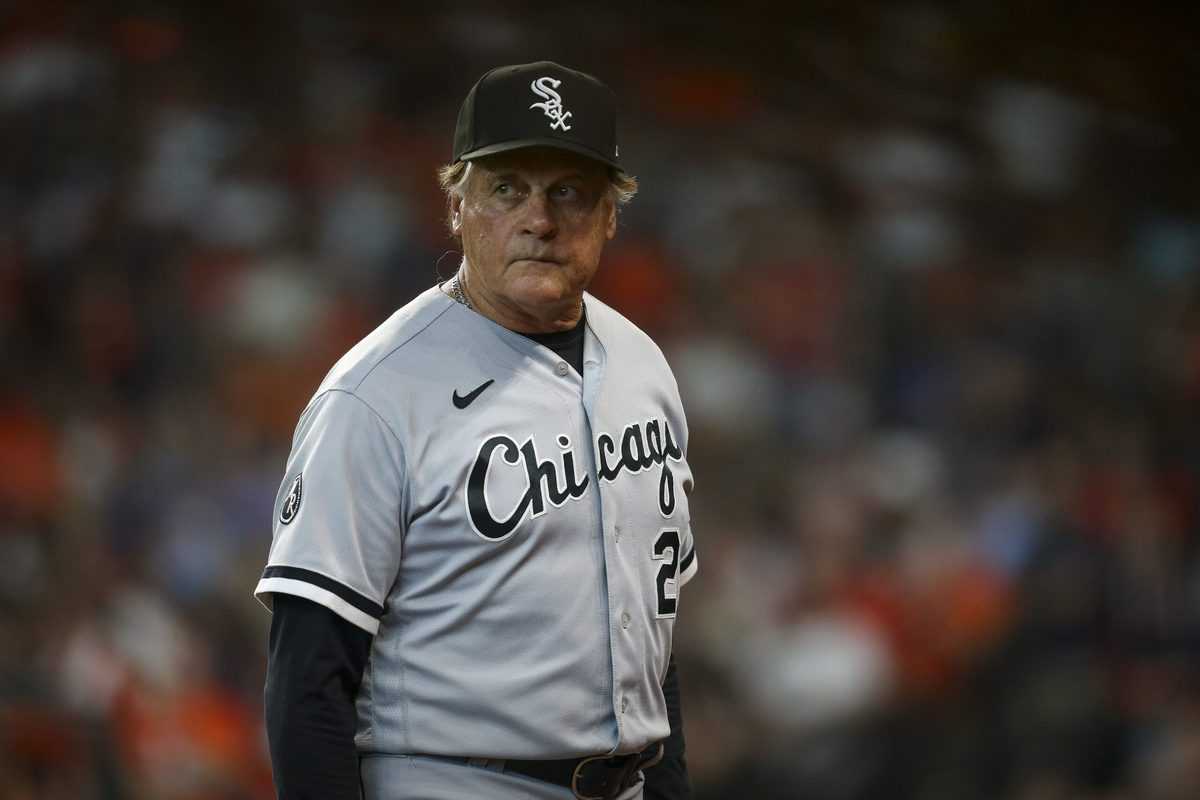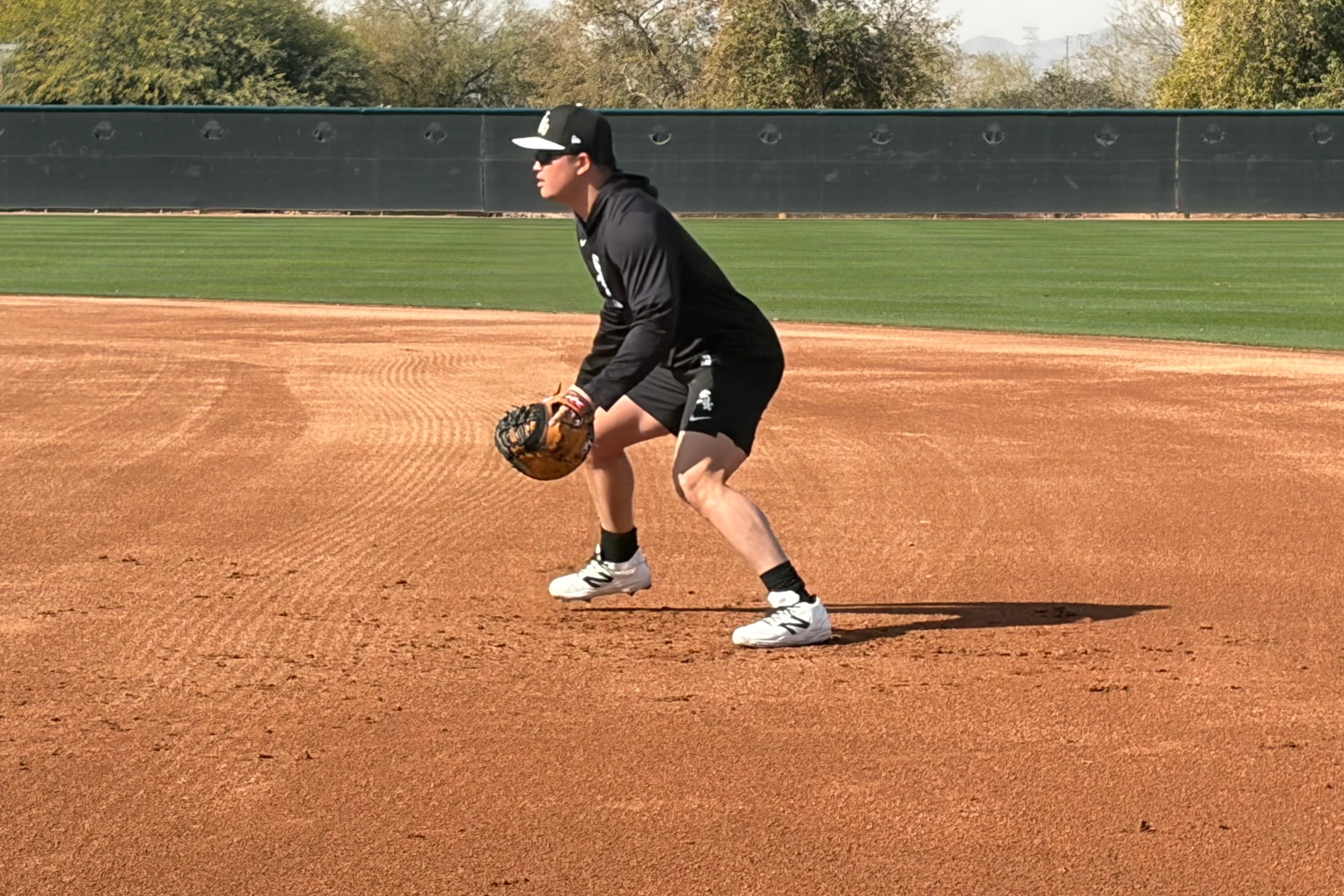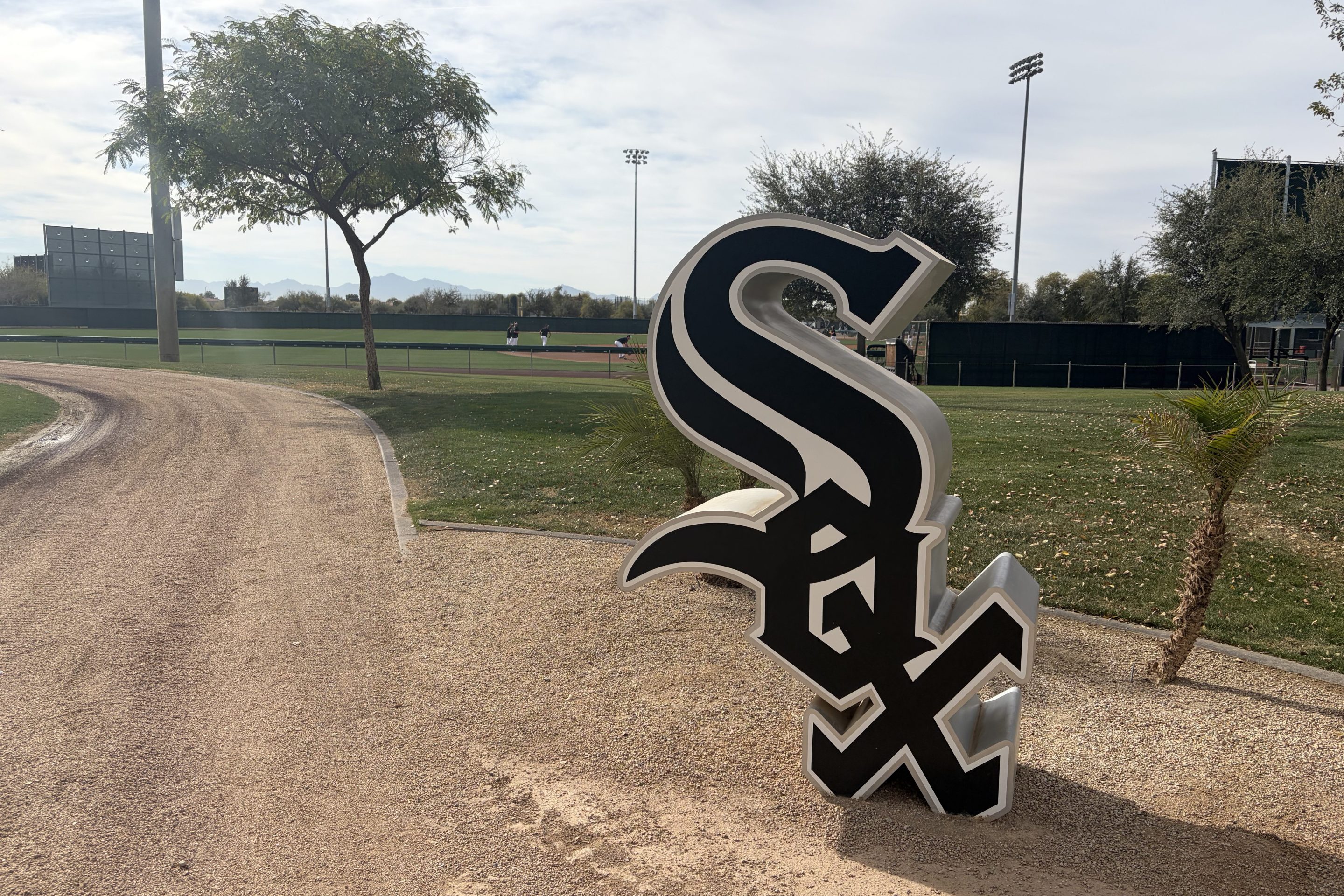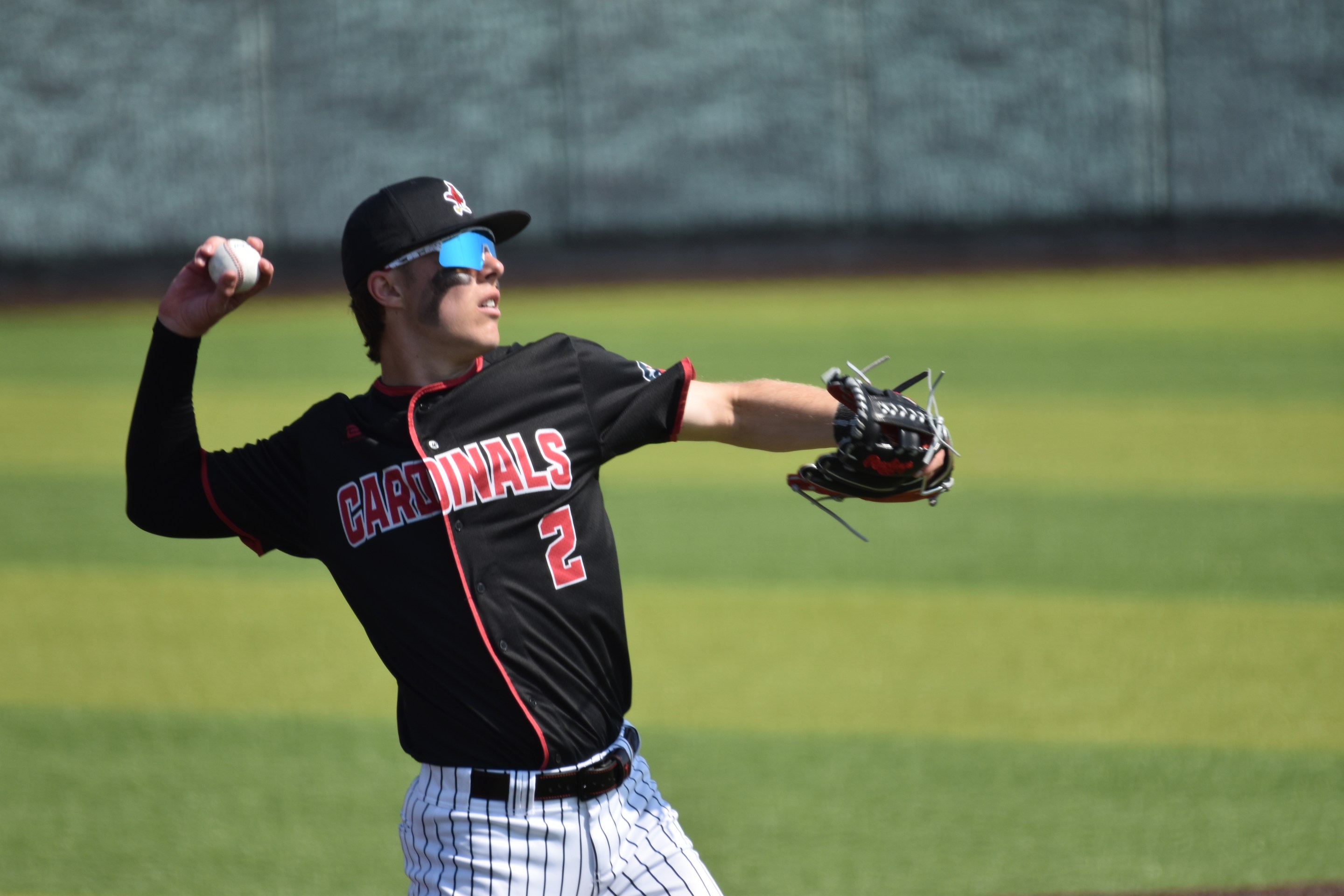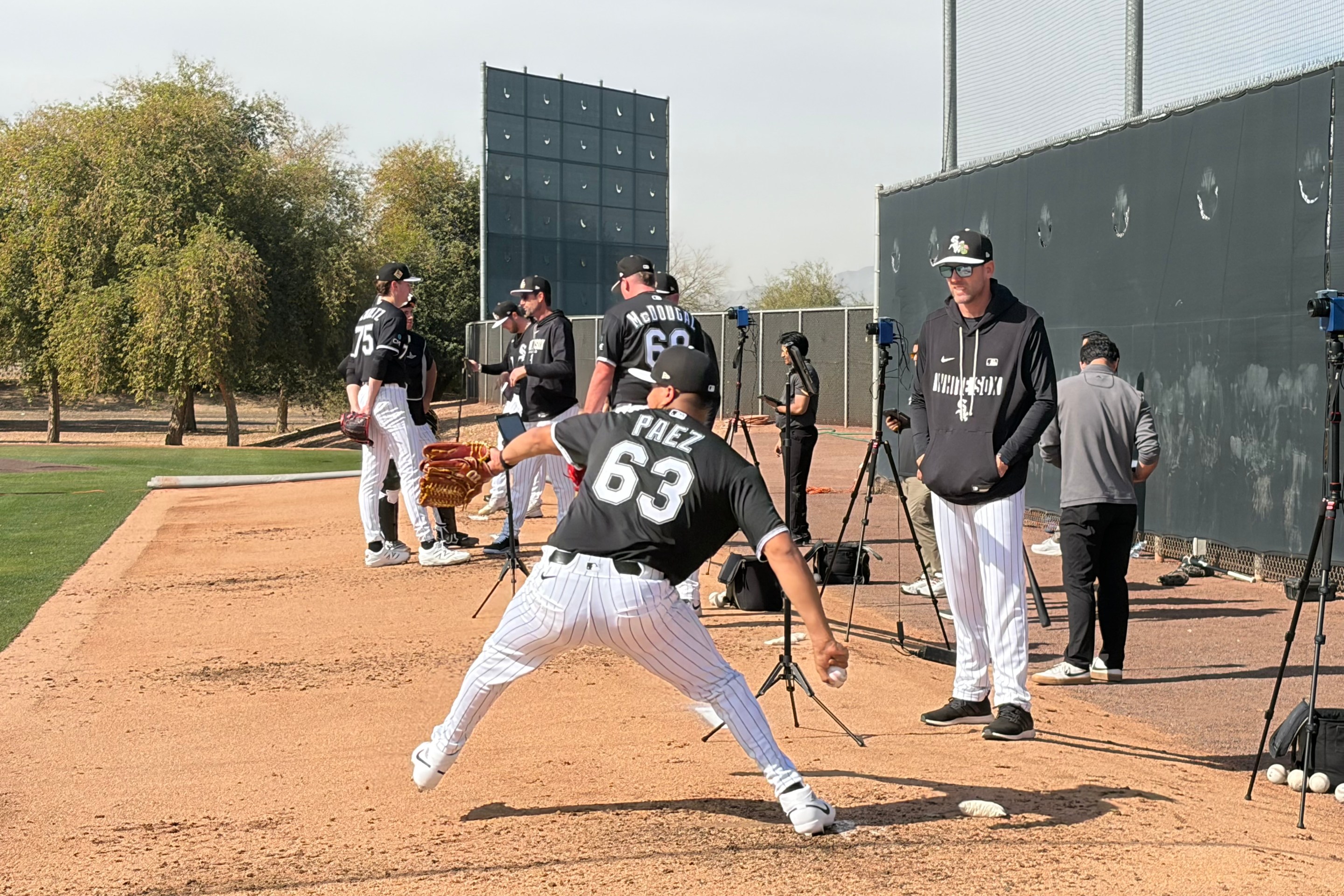Removing Tony La Russa from the White Sox's managerial position only solves one problem.
If the White Sox vacated the position by moving La Russa into some kind of front office role, that'd give him even more face time with Jerry Reinsdorf, who is the only guy who wanted him around in the first place, and that doesn't help the White Sox get started unraveling the Gordian knot that is their chain of command.
There have been reports that La Russa won't be returning in the managerial role, but 670 The Score's Dan Bernstein has taken it a step further:
I am told this is indeed true. La Russa will not return to manage the White Sox in 2023, due to ongoing health concerns. Unlikely to be involved in any capacity. https://t.co/6YOOwgdKNL
— Dan Bernstein (@dan_bernstein) September 27, 2022
"Unlikely to be involved in any capacity" is the key sentence in terms of truly turning the page on this particular chapter, although nobody should think the work ends there. The rest of the front office, roster and staff needs a serious reckoning. What does Rick Hahn bring to the table besides an enviable collection of quarter-zips? How exactly does Kenny Williams spend his time? Why would Daryl Boston and Joe McEwing be entitled to work for a fourth manager? Who was actually hurt, and who just played dead?
La Russa's complete removal might allow people around the White Sox to be more forthcoming about the "weird and unhelpful edicts" James Fegan and Ken Rosenthal have alluded to. For instance, if La Russa truly represented a bottleneck that prevented players from being shelved when they clearly didn't look right, then perhaps he is uniquely responsible for the half-assed play, because he refused to admit the other glute was strained.
But even if La Russa made players solve three riddles before they could report to the injured list, there's no way he could be responsible for every way the White Sox have painted themselves into corners. La Russa didn't exercise Craig Kimbrel's option, effectively trading $16 million for 16 million Chuck E. Cheese tickets. La Russa didn't add Jake Diekman's salary for next year's books.
La Russa's tenure might be so oddball that everybody else can hide behind it, and from what we know about the White Sox, that would merely allow some other glaring flaw to hog the spotlight the next time around. The organization would thoroughly benefit from an open and honest accounting, although also given what we know about the White Sox, we can pretend they're facing Bailey Ober and pencil them in for an 0-for-2.
While La Russa's future remains unofficial until the end of the season at the earliest, other obvious end-of-year decisions were finalized before Tuesday's dud at Target Field. Tim Anderson won't make a return from his hand surgery, nor Michael Kopech from his right shoulder inflammation, since he's also dealing with a cyst in his knee.
A new injury surfaced to really capture the spirit of the season: Seby Zavala went to the 7-day concussion list retroactive to Monday, with Carlos Pérez taking his place.
We've previously discussed whether Kopech's season counts as a success (and to what degree), but Anderson's registers as a clear disappointment. He'll finish with a .301 average, his fourth consecutive season hitting over .300. He'll also finish with his fourth consecutive shortened season (three injury-, one pandemic-), this time coming up well short of the batting title. He played just 79 games and accrued just 351 plate appearances, and if he resembled his pre-surgery form, his average would start with a "2" after a game or two. He didn't help the team after returning from his groin strain, and he'll be one of those aforementioned injury-hampered performances that require close scrutiny when the White Sox are trying to get to the root of their underachieving.
(I'm glad I didn't waste too much time discussing whether Elvis Andrus should have to move to second base, although my worse-case scenario of a five-game deficit this week looks downright quaint. I only underestimated the gap by half.)
The addition of Pérez likely gives the White Sox an additional player who cares, just because his first and only start was so ragged that he could use all the chances to erase that first impression. He shouldn't be as bad as he looked, and given the disparity between what he showed in Charlotte and his MLB debut, perhaps he was inspired to enhance the effectiveness of the "SELL THE TEAM" banner that floated around the lower bowl that night.
